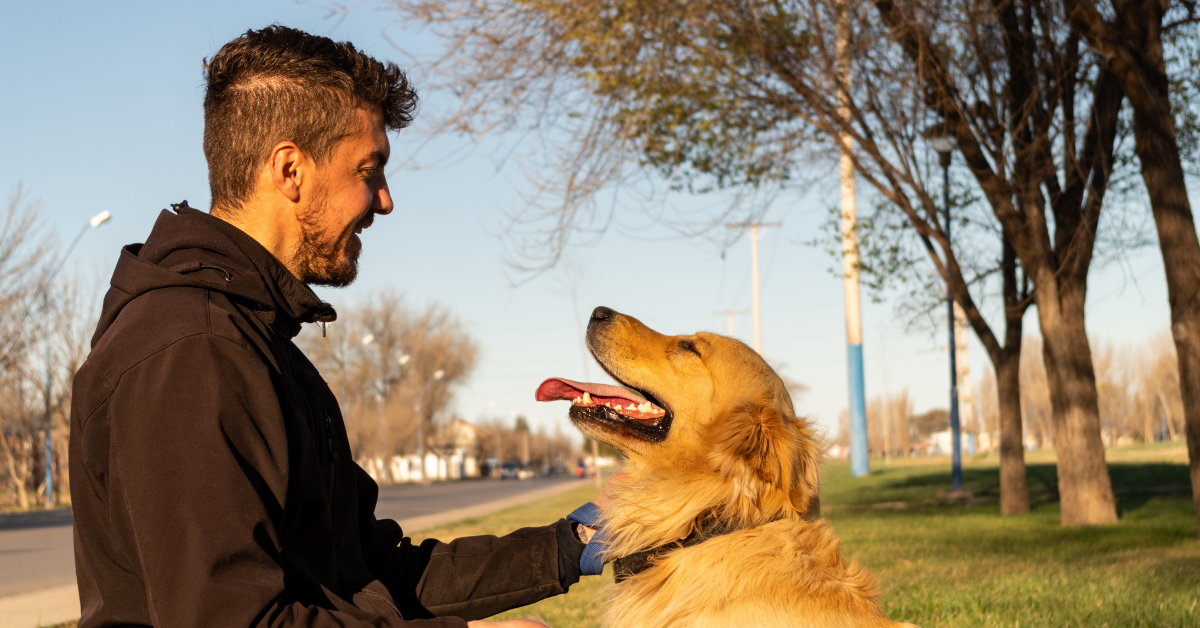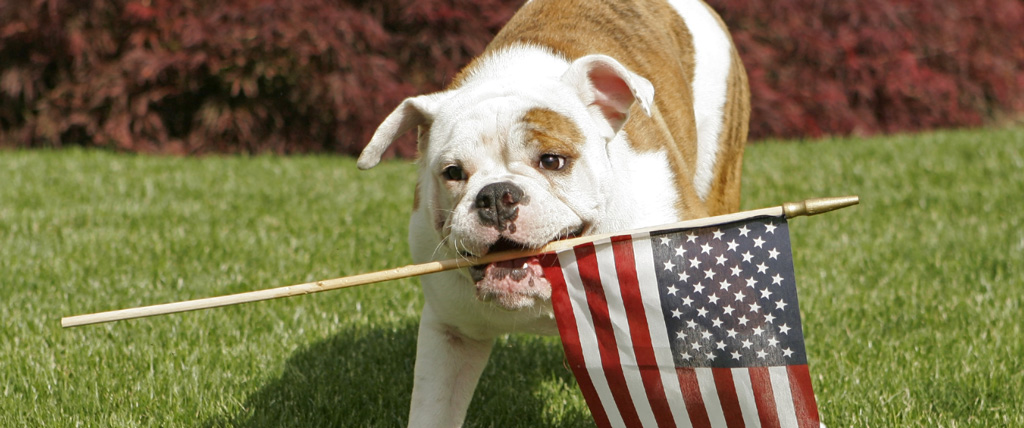Five Tips For A Pet Safe July Fourth
July Fourth is coming soon and is one of the most fun-filled “stay at home and BBQ” kind of holidays of the year. If you have pets, they will probably be part of the party. Whether you are hosting the party or leaving your pet at home, here are a few safety precautions to ensure your pet can avoid some common safety issues associated with July Fourth celebrations.
Noise Phobia. As the holiday known for lots of fireworks, a pet with noise phobia can have issues during a holiday like the Fourth. Pets can act aggressively due to fear, which may be a danger to your party guests, or your pet may injure themselves while looking for a place to escape or hide. Signs to be aware of when it comes to noise phobia include hiding, trembling or shaking, sudden urination or defecation, pacing, chewing, digging, barking or howling, and an abnormal clinging behavior around the pet’s owner. If you are going to partake in a fireworks show, leave your pet at home. Find a quiet secure spot at your house and give them safe toys and treats to occupy and distract them while you are away. However, do not leave pets outside, even in a fenced-in yard. Consider locking your doggie door while you are away. If you know your pet is upset by fireworks, consider hanging out at home with them in lieu of attending a fireworks display. Or, enlist a professional pet sitter to stop in to check on them and provide positive activities and company.
Food Toxicity. A BBQ party menu can tempt your pet with many new and exciting treats. As it is a holiday, it may seem appropriate to let them enjoy the menu as well. However, there are many things that we as humans can consume that could be harmful or even fatal to our pets. Fatty/rich foods such as ribs and hamburgers can cause digestive upset and diarrhea. Raw meat and fish can contain bacteria and parasites, some of which can be fatal to pets. Onions and garlic are common BBQ ingredients and can be toxic to dogs and cats. Bones can cause obstructions and lacerations in a pet’s digestive system. Alcohol is extremely toxic and can cause life-threatening seizures or respiratory failure.
Pet Drowning. Many parties are held poolside due to the July heat, or sometimes on a beach or lake. Thousands of pets die in drowning incidents each year. Avoid these by taking proper safety precautions. Don’t assume your pet can swim! Supervise pets at all times and do not leave them unattended, especially in a natural body of water. A wave or current can quickly create an issue, even for a pet that is considered a good swimmer. Consider a pet life jacket, especially if taking your pets on a boat.
Bugs. Beware of using insect repellents on or around your pet that aren’t specifically for pet use. This also applies to sunscreens. What isn’t toxic to humans can be toxic to animals. The ASPCA lists the poisonous effects of sunscreen on your pet as, “…drooling, vomiting, diarrhea, excessive thirst and lethargy.” DEET, a common insecticide, may cause neurological issues. Oils, candles, insect coils, and other citronella-based repellents are irritating toxins to pets, according to the ASPCA. The result of inhalation can cause severe respiratory illnesses such as pneumonia, and ingestion can harm your pet’s nervous system.
Lost Pets. The chaos of a holiday party can often cause pets to become separated from their families. A gate left open or a diversion while outdoors can quickly disorient a pet. Make sure your pet is wearing proper tags with up-to-date information or consider microchipping to help reunite you and your pet should a separation occur. Do not leave pets outside, even in a fenced yard, if fireworks might be set off in the distance. Do not take pets to events with fireworks. Keep your pets home in their safe and secure environment.
The Fourth of July can be a safe and fun celebration for all members of your family, including your furry ones. Be safe and enjoy the long weekend.
Other Recent Blog POsts
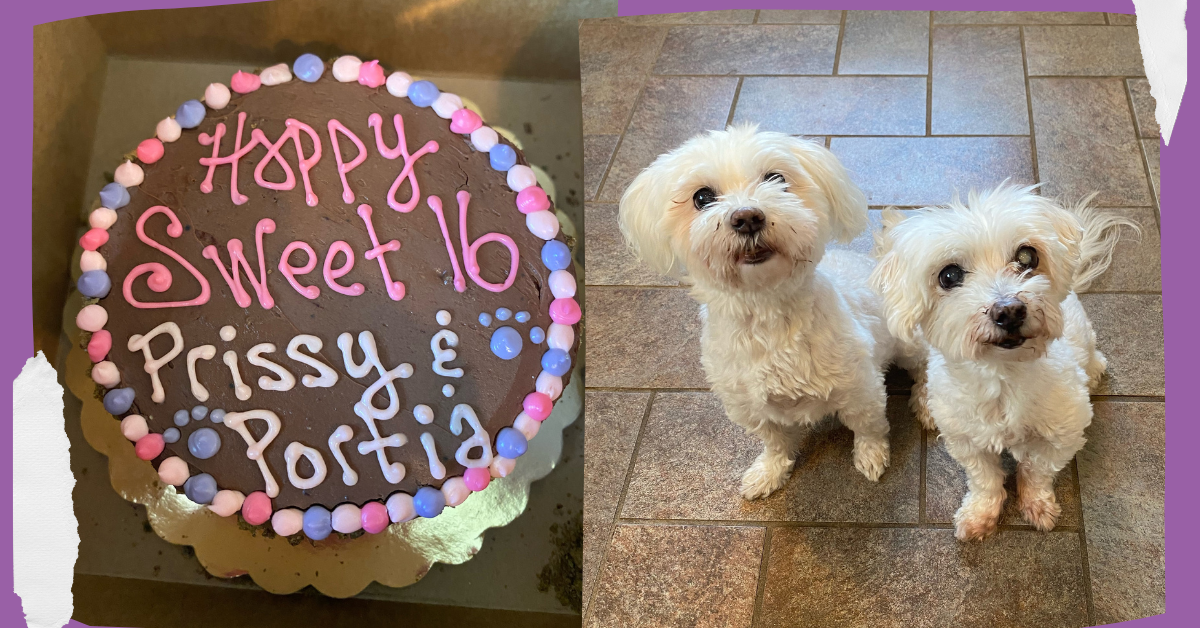
Celebrating The Original Floofins’ Sweet 16
July 24, 2024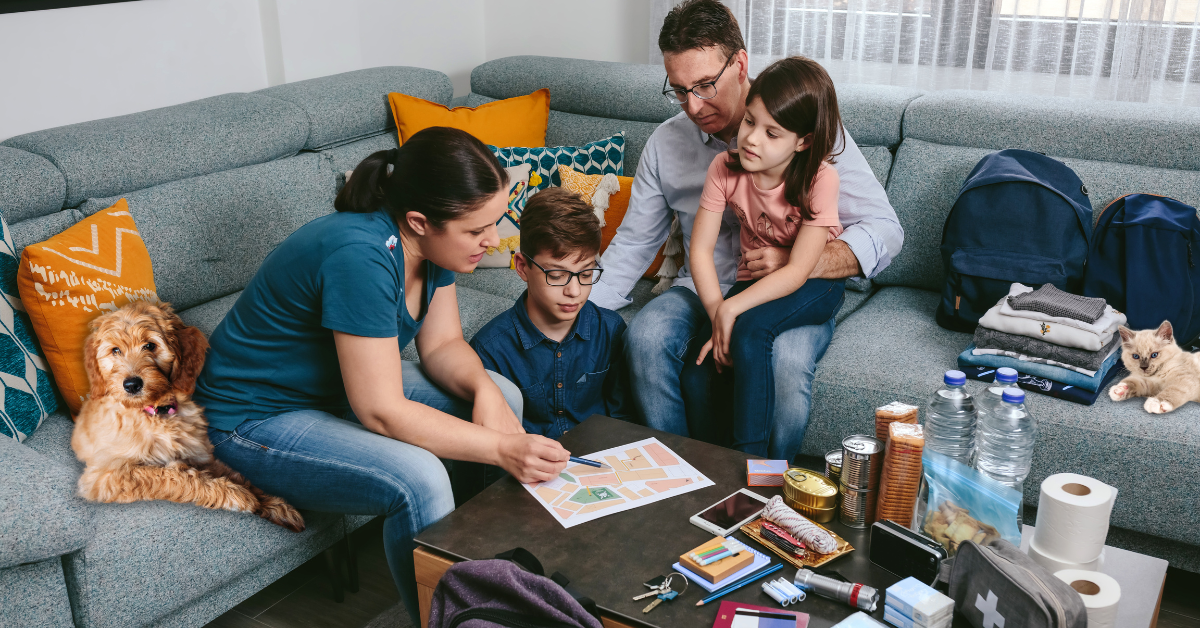
Emergency Planning for Your Home & Pet
July 18, 2024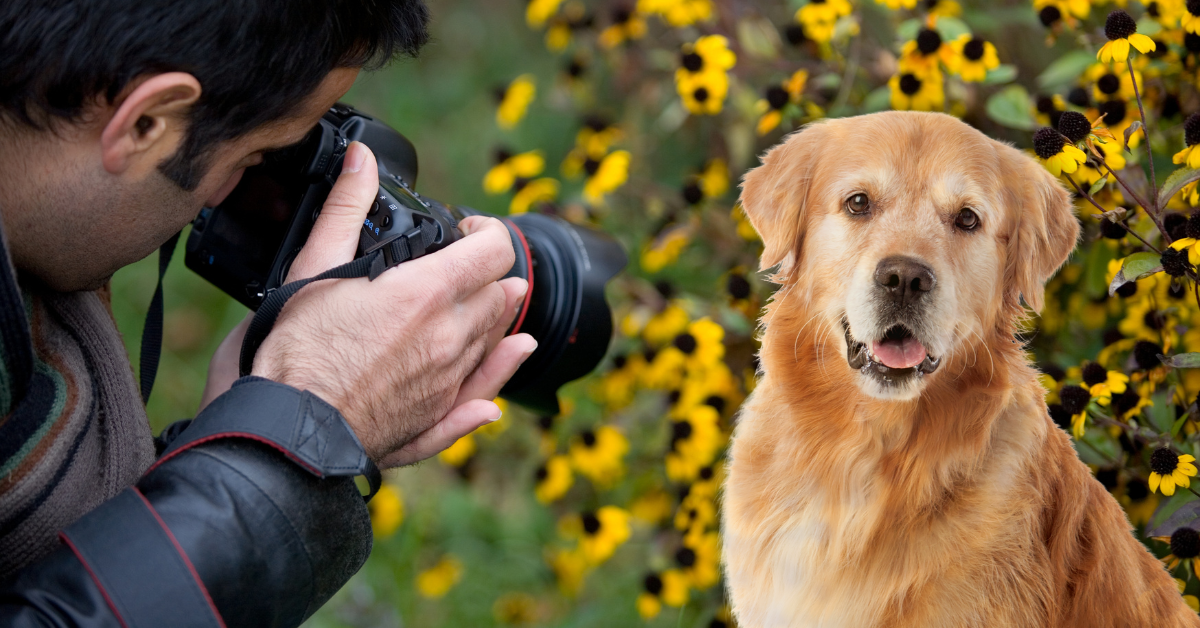
Beyond the Blurry Phone Pic: Schedule Professional Pet Photos Instead
July 10, 2024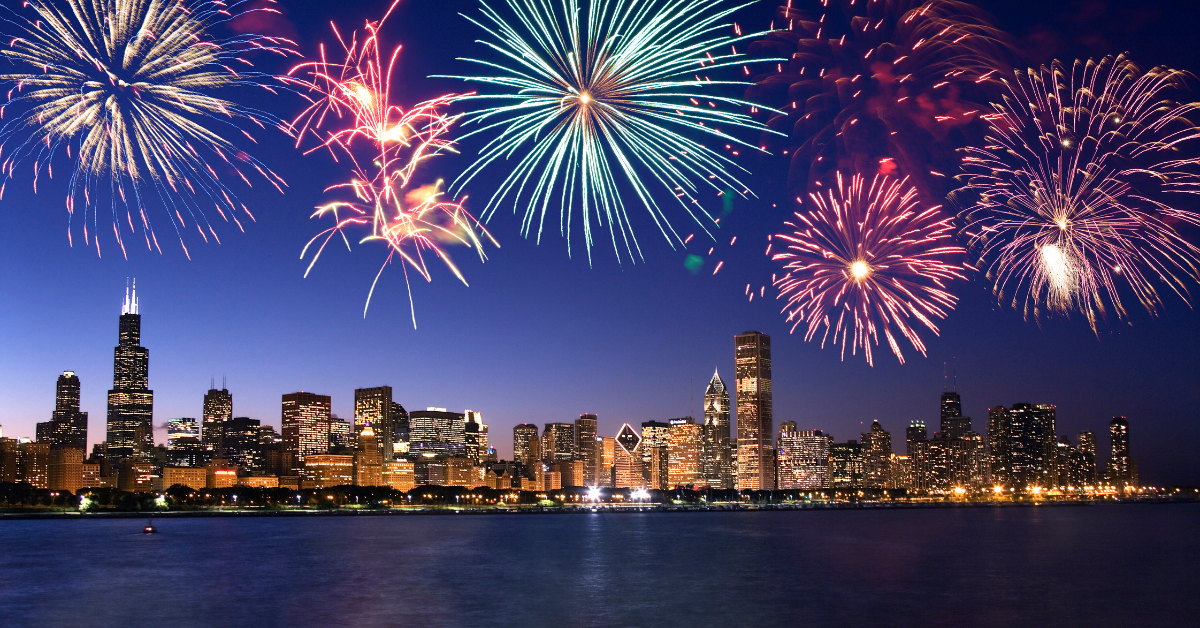
Keeping Chicago Pets Safe on the Fourth of July
July 1, 2024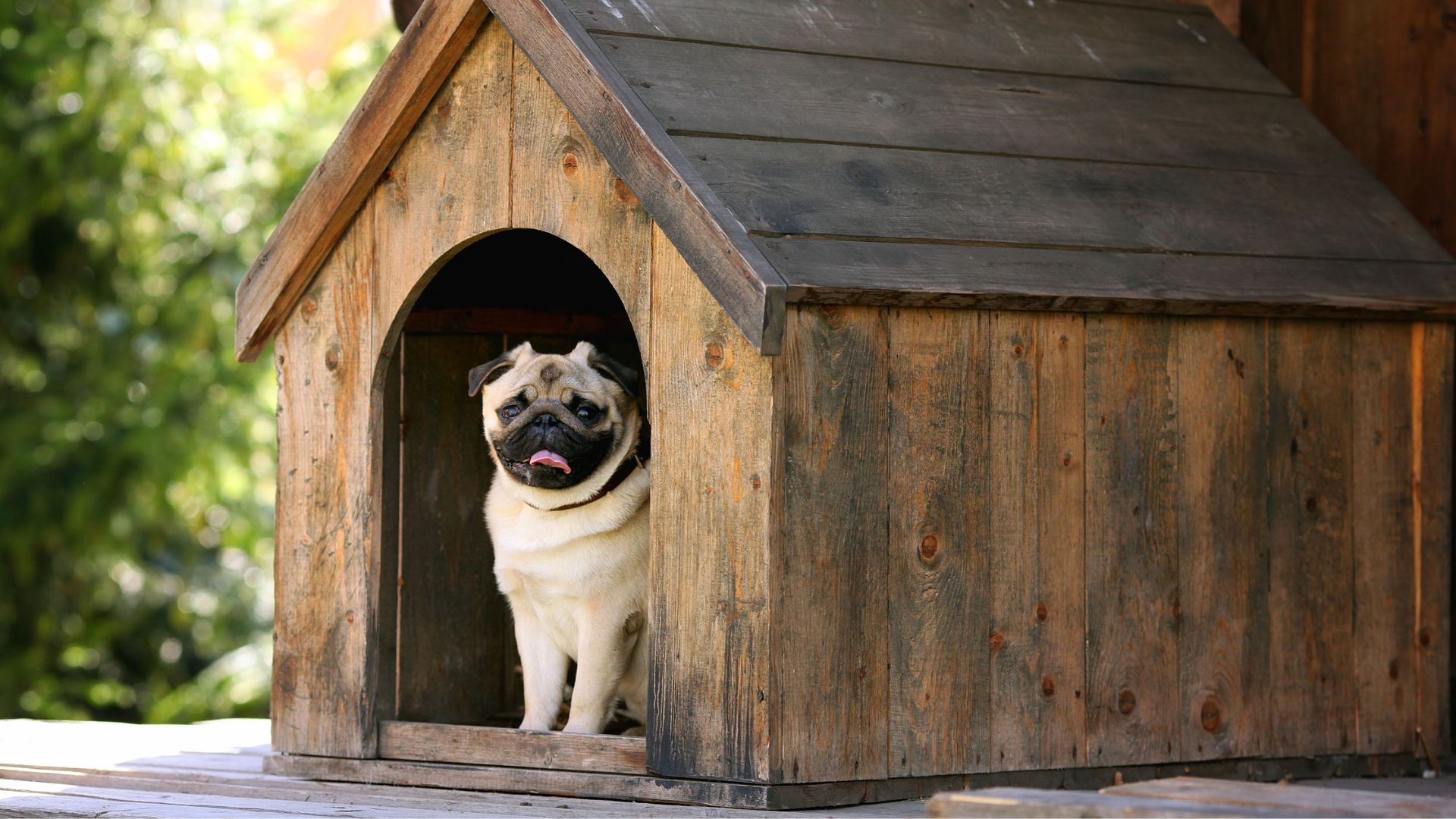
Why Floofins & Co. Leads the Pack
June 26, 2024